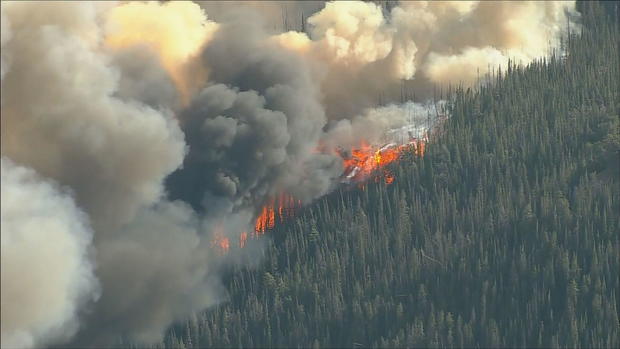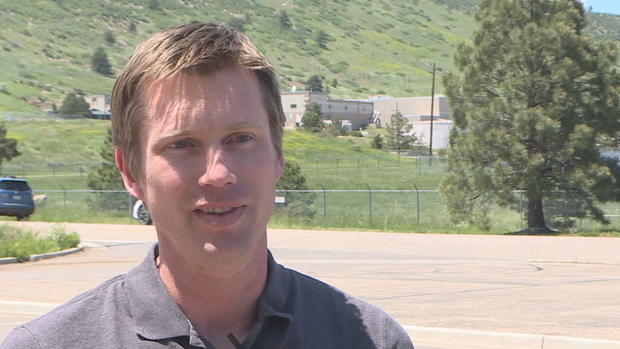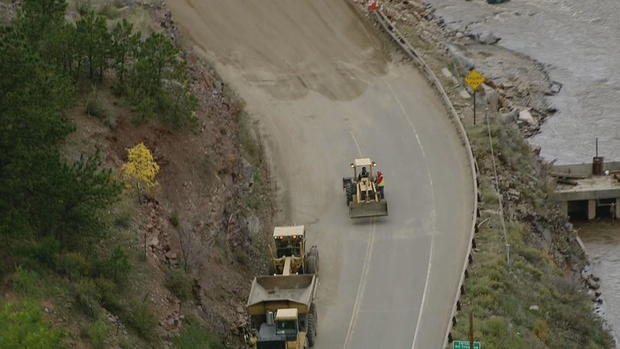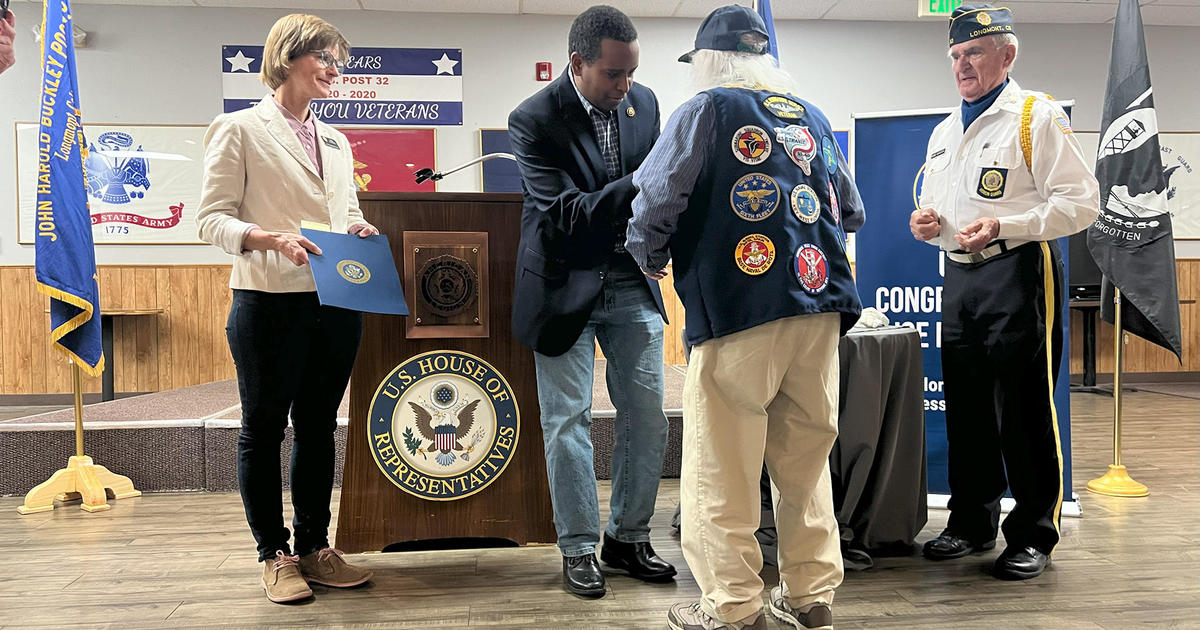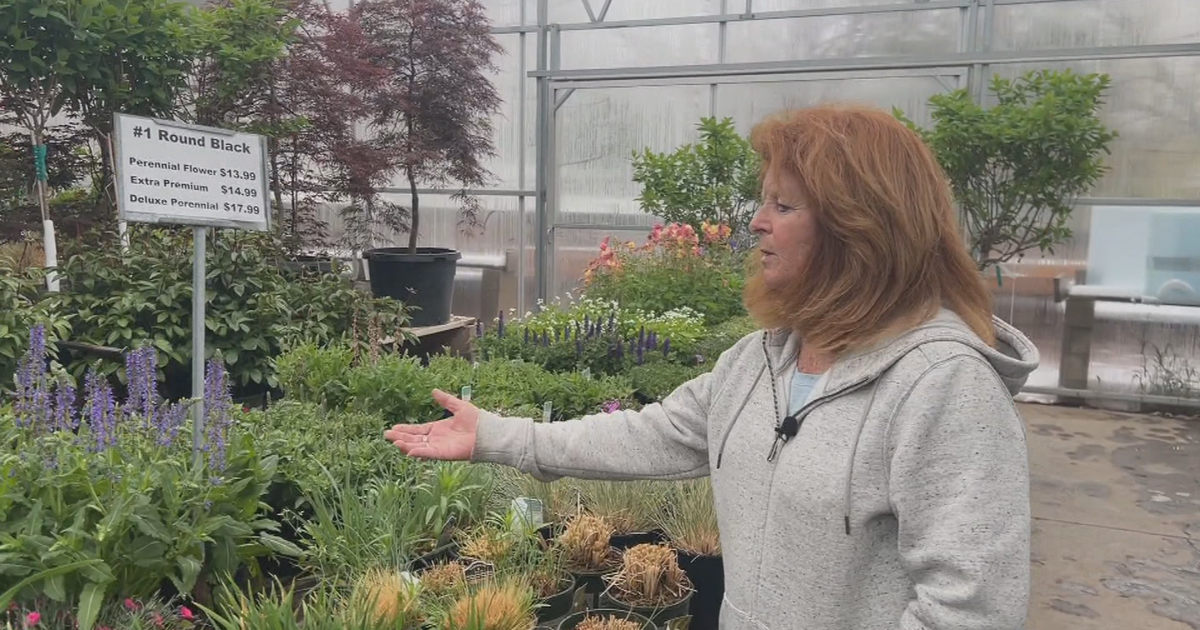Historic Colorado wildfires of 2020 still threatening communities and rivers years later
The historic wildfire season of 2020 charred hundreds of thousands of acres of Colorado's mountains, with two of the largest fires on record taking place at the same time. The Cameron Peak Fire was Colorado's largest wildfire on record, burning more than 208,000 acres in Larimer County. It was burning at the same time as the East Troublesome Fire, which also was one of the largest fires in state history.
Though those fires were extinguished nearly three years ago, they still continue to have lasting impacts on the landscape they left behind. CBS News Colorado's Dillon Thomas has followed the lasting impacts of the Cameron Peak Fire thoroughly. You can watch the 30-minute award-winning documentary about how the fire still impacts everything from water quality to businesses here.
Researchers continue to explore how the fires are still posing a threat to our communities and watershed. Now researchers with Colorado State University are sharing some of their overall research with CBS News Colorado, explaining how fires of years ago are now causing a threat of landslides.
"Wildfires are becoming increasingly common," said Peter Nelson, associate professor of civil and environmental engineering at CSU. "They are happening more frequently. They are happening in places they hadn't before at higher elevations."
Nelson said the burn scars are now susceptible to landslides and debris flow.
"You tend to have elevated risk of debris flow for the first three years after a fire," Nelson said.
That's largely because, after a wildfire, the vegetation that was on the landscape has been removed meaning the soil property changes.
"It becomes much easier for water to run off the surface," Nelson said.
The land charred by the fires is not as capable of absorbing and retaining the precipitation it is used to receiving throughout the winter and the rainy days of the other seasons.
"When you have a rain storm that prior to the fire might have led to a lot of infiltration, after the fire that produces more surface runoff which leads to increased flooding," Nelson said. "It can entrain sediment off the hill slope leading to debris flows and landslides."
Since the fires of 2020 multiple roadways, highways, trails and even rivers have been blocked by landslides directly related to the wildfires of years ago.
"Landslides can pose a hazard to infrastructure. Highways in the path of landslides can get shut down," Nelson said. "If (rivers) are in the right place they can create temporary dams. That can cause backwater effects that flood areas."
Researchers say the impacts of the burn scars on the landscape can last around 10 years per fire.
There are very few ways to directly combat the issues posed, especially with such large and challenging landscapes to navigate and treat. Some agencies have invested in mulching portions of the burn scars, most of which takes place along critical watersheds that municipalities in the front range are invested in. However, doing so is costly.
"The idea there is the mulch will provide a layer of resistance between the water that is falling on the hillslope and the soil below," Nelson said.
Nelson said it will take several years for most of the vegetation along the burn scars to return.
Until then, Nelson said it is important that those who frequent the foothills and mountains impacted by recent fires pay attention to the weather forecasts each day. A quick rainstorm on an otherwise sunny day can threaten travel and safety.
"It is important to pay attention to the weather, especially this time of year," Nelson said. "Sometimes that is all that it takes to cause a landslide."
